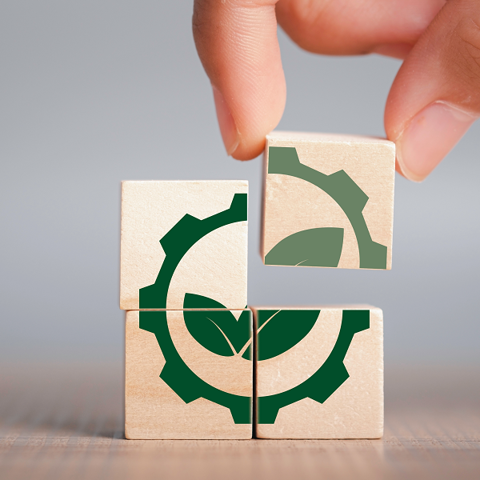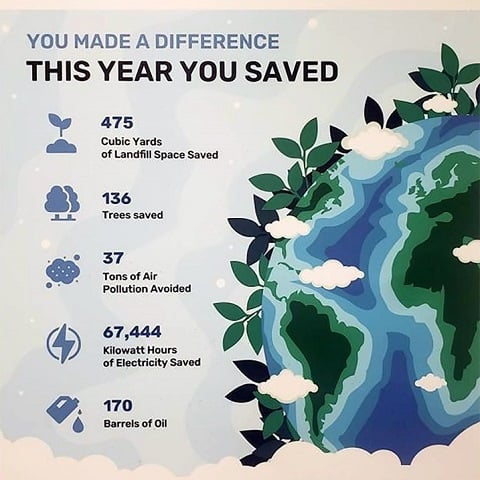
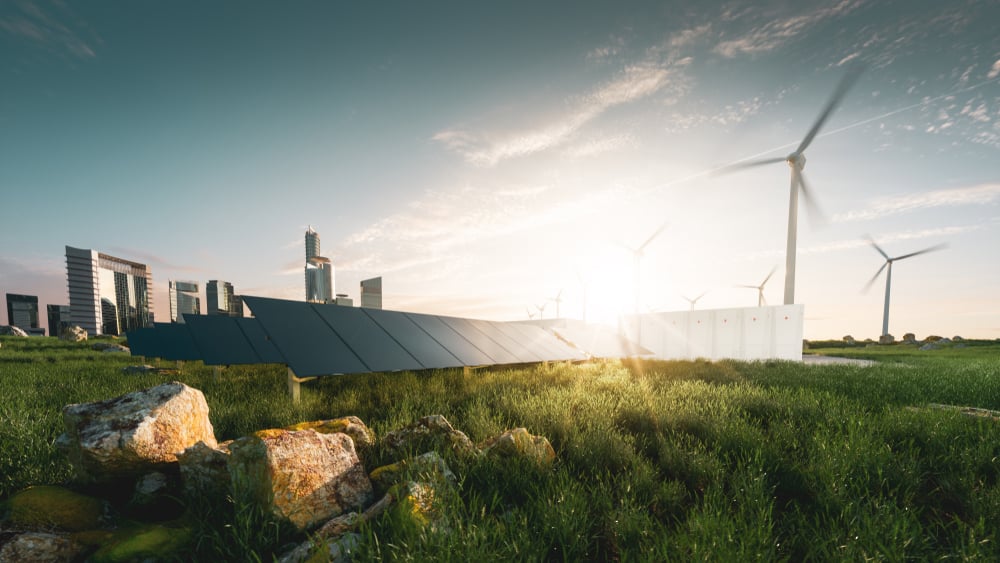
Our Sustainability Promise
Sustainability within the Etex Group
As part of the Etex Group, Promat is in good company. Sustainability is reflected in the group’s core values: Etex wants to connect with and care for our customers, suppliers, Etex teammates and the world. Our passion for excellence drives sustainable production processes as well a thorough CSR policy. We are pioneering to lead through R&D and innovation for sustainable lightweight solutions.
Through our values, our processes and our products, Promat and the wider Etex Group contribute to improving sustainability, limiting waste and decreasing our carbon footprint. In line with its purpose of inspiring ways of living, Etex is committed to the United Nations’ Global Compact and 17 Sustainable Development Goals (SDG).
In 2022, Etex published its second Sustainability Report – click here to access it.
Enabling our partners
We not only focus on increasing the sustainability of our own production processes, but our solutions also reduce the carbon intensity of processes and modes of transportation of our partners. Promat’s lightweight insulation products offer superior performance, including cost effective thermal insulation as well as world-leading passive fire protection systems that meet the highest standards and norms.
Improving the energy performance of buildings, transportation or industrial processes contributes significantly to climate-related targets. This is why we develop our materials in view of maximum insulation performance and low weight, reducing carbon emissions.
The ambitious climate targets set by governments worldwide have a huge impact on all of us. Industries that traditionally consume high levels of energy for their production processes will need to reinvent themselves to stay ahead of the game and comply with regulations on CO2 emissions. At Promat, we help our customers innovate their production processes and improve their energy efficiency without compromising on safety or the quality of their product. We can build on decades of experience in a wide range of industries to help companies reduce their carbon footprint.
With the pioneering role Promat played in the development of solutions for Concentrated Solar Power (CSP), fuel cells and battery recycling, we consider it part of our mission to help companies explore new methods of sustainable power generation and reduce our impact on the environment. Among others, Promat delivers insulation solutions for concentrated solar power technologies, producing sustainable energy in the sunny regions of the world. Moreover, by providing thermal insulation for fuel cells, Promat contributes to improving the efficiency of alternative energy sources that are critical in a low-carbon world.
Click here for more information about our solutions for sustainable energy production.
As the world moves towards a carbon-neutral economy, new types of airplanes, ships and trains are being developed that are lighter, more energy efficient and above all safe. Our extended expertise and know-how in fire protection and insulation enables us to tackle these challenges together with our partners and make travelling by land, sea or air more sustainable and more comfortable.
It is also the responsibility of Etex to ensure product liability and a full and transparent assessment of our product portfolio. Over the past years, Etex has reinforced lifecycle assessment (LCA) capabilities, and can offer Environmental Product Declarations (EPDs) for all main Etex product ranges, including Promat’s Calcium Silicate and Microporous products. In doing so, we ensure that our customers can trust that our products meet their sustainability ambitions.
Sustainability at Promat
Sustainability is a key value of Promat and the Etex Group. Our goal is to limit our carbon footprint and to contribute actively to the model of circular construction, where durable materials are designed in such a way that they are fit for maintenance, repair and re-use or recycling.
Globally, the construction industry uses up to 40% of the world’s primary natural resources. While our industry has been a pioneer in recycling and re-using building materials, we can do more. At Promat we look for alternatives for increasingly scarce resources and we optimise our production process to reduce our consumption of water and to limit our energy consumption.
Recycling continues to be a key focal point as it helps us conserve resources and improve the efficiency of our production processes. We recover waste materials generated – including paper, cement and water – and channel them back into our own processes or supply them to external partners.
We have invested in and partnered with international renewable energy projects; solar technology provides clean energy at some of our facilities with excess energy supplying public grids. In 2020, one major step in Etex’s energy management approach was the transition of our electricity supply from non-renewable sources to certified renewable sources in 100% of Etex’s locations in Europe and Chile, including Promat’s facilities.
Moreover, Promat is an active member of numerous organisations, communities and associations working on sustainability. Among others, Promat is a member of EBRA, where it strives to help make the battery life cycle safer, more circular and more profitable. This aligns with the company’s dedication to SDG 12, which focuses on sustainable production and circularity.
Promat is also a member of the Vacuum Insulation Panel Association (VIPA International), a global trade association representing the interests of companies that manufacture and supply equipment and/or materials to the Vacuum Insulation Panel industry. Part of VIPA International’s mission is to raise awareness about the potential for saving space and energy costs and reducing carbon dioxide emissions in a wide range of applications and industries. Promat has been active in this field and has recently innovated its vacuum insulation panel product - ULTIMA® VIP - to meet the requirements of more stringent energy regulations for buildings.
Promat's sustainability news

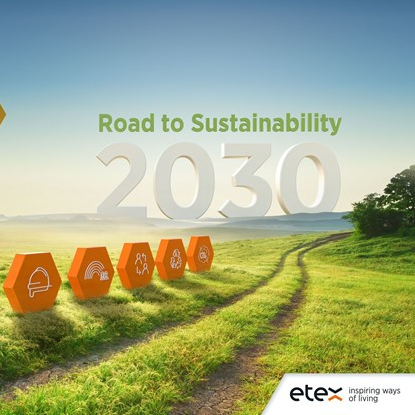
Etex publishes second Sustainability Report
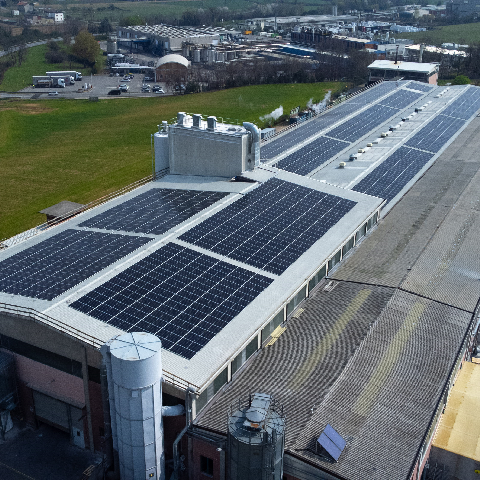
New solar panels installed on roof of Filago plant
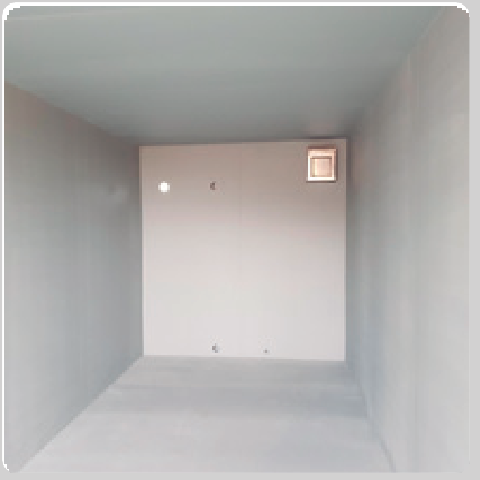
Promat, a reliable partner for the battery recycling market

Promat supports ocean cleanup with donation to Wings of the Ocean
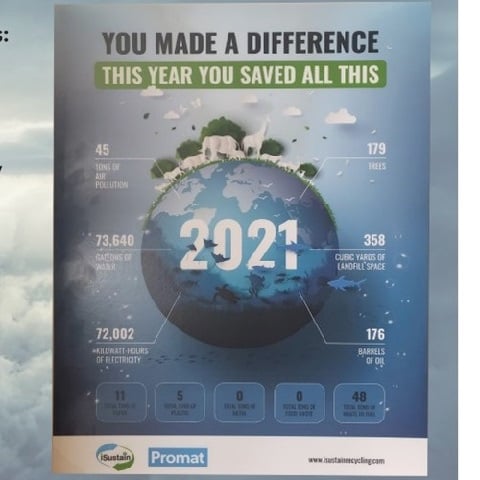
Promat US goes zero landfill

Fire protection for battery recycling
